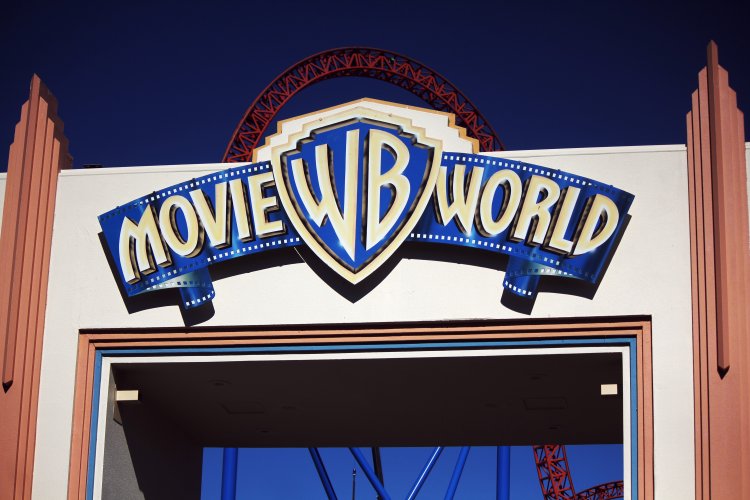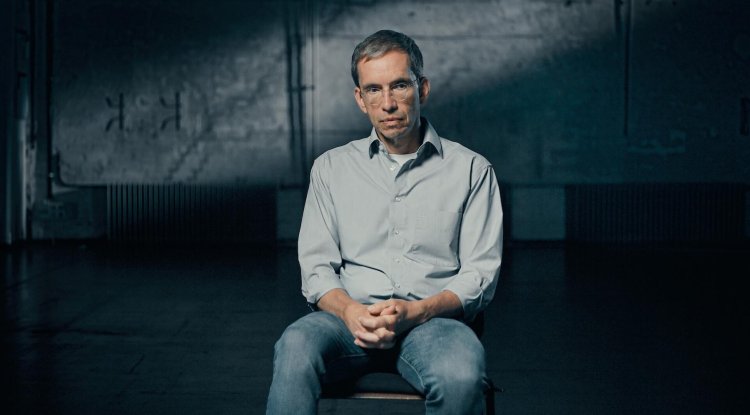Movie Studios - Hollywood's unique approach to accounting
Movie studios, believe it or not, frequently go out of their way to ensure that their films do not make a profit. On paper, at least.

According to Entertainment Weekly, it's "Hollywood's unusual approach to accounting," which means the studio will go to tremendous measures to make it appear as if it didn't make any money, even on the most popular films.
The key ruse is that they pay their own companies for things like distribution and marketing in order to look to have spent more money than they actually did.
This was demonstrated by the success of the 2007 film Harry Potter and the Order of the Phoenix, which grossed $940 million dollars. The charges were made public, and many in the know noted an intriguing "spell" that was not Potter's.
Warner, in reality, paid himself 212 million dollars for the film's distribution and other costs, and he spent another 130 million dollars for advertising, which was likely also done by various divisions of Time Warner. In other words, the fifth Harry Potter film is a fiasco, and Warner "lost" $167 million on it.
Why they do what they do is the question. What benefit does a studio gain from having its films play losers? The actual question is, what do the producers, directors, screenwriters, and performers get out of it?
Their contracts frequently include a clause in which they receive a part of the revenues. In summary, if the gains are not formally recognized, they are not required to share them with persons whose contracts would drastically diminish their profits.
That's exactly what LucasFilm informed actor David Prowse, who played Darth Vader. Return of the Jedi, according to LucasFilm, "didn't earn money," despite grossing $475 million at the box office.
In the case of Batman, Warner earned $251 million in the United States alone, but they did everything they could to make the film appear to be a flop. More than $80 million was spent on distribution, with an extra $62.4 million spent on advertising and marketing.
To remind you, Warner most likely paid himself. Standard costs include printing, editing, dubbing, and subtitling. In addition, 53.5 million dollars went to actors, screenwriters, and camera crew, with about 10 million dollars going to "other" (taxes, customs, and the like).
All of this adds up to about 200 million people, of which just 50 million are still alive. And this is where Warner went wrong. Because some people involved with the film had profit-sharing clauses in their contracts, the leftover amount was recorded before they paid the other expenses.
In other words, the producers and Burton would be paid a portion of the overall earnings before expenses. More particularly, Warner should have paid the director, Keaton, and the producers before starting their classic "accounting wizardry".
Nicholson, in addition to the film's success, predicted all of these classic Hollywood scams, landing one of the most lucrative positions in Hollywood history.
In addition to the agreed-upon six million, he received 15% of total earnings, with the percentage increasing to 20% if the film earned more than the contract amount. In short, Nicholson got at least $50 million, and others claim as much as $90 million for his role.
Of course, only stars like Nicholson could get away with such deals, but it's a strategy that many actors afterward embraced. For example, Robert Downey Jr. disclosed to GQ that he signed such a deal for the Avengers flicks, securing himself $50 million. Marvel, understandably, was dissatisfied.
The story of Matt Damon, who spurned Cameron's offer to act in Avatar and collect 10% of the revenues, is well known and possibly the most heartbreaking in Hollywood. Damon was forced to leave the part, the picture grossed nearly three billion dollars, and the actor "smoked" $290 million.
Post by Bryan C.




























